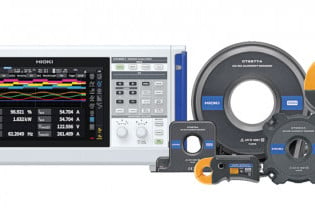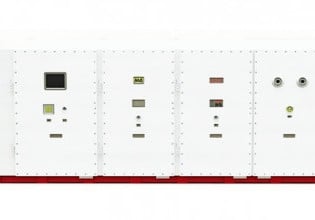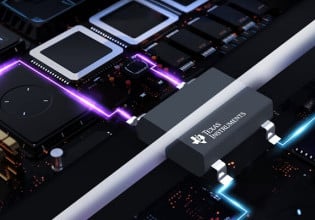Research Project Coordinated by Infineon Aims to Improve the Reliability of Electronics
Electronics manufacturer Infineon announced the start of a new collaborative project iRel40.
Dubbed Intelligent Reliability 4.0 (iRel40), the new Europe-wide research initiative will focus on the development of more reliable electronic systems and microelectronic components.
Under the coordination of Infineon, 75 science and industry partners from 13 countries will collaborate toward the realization of this goal.
The new project’s banner. Image used courtesy of iRel4.0.
A Far-reaching Partnership
The iRel4.0 consortium comprises “a balanced mix of industry and research with complementary skills and expertise.” Beyond Infineon, there are several notable names in the partnership, including ONSemiconductor, Belgium BVBA, Robert Bosch, the Fraunhofer Institute, and others.
According to initial estimates, the iRel4.0 project should enable the creation of 25,000 highly qualified jobs in Europe via strong partnerships as well as investments in innovation.
The new initiative is mainly funded by the European Union under the ECSEL (Electronic Components and Systems for European Leadership) program.
iRel4.0 will also see financial contributions from the Federal Ministry of Education and Research in Germany and from the two states of Saxony and Thuringia.
The locations of the iRel4.0 partners in Europe. Image used courtesy of iRel4.0.
Scheduled to run for three years, until April 2023, the iRel4.0 project will unfold under the coordination of Infineon, which will contribute to it with its expertise and skills in chip and packaging technology.
Building on decades of development in the semiconductor field, the company will now apply its know-how to support theiRel4.0 consortium in the creation of miniaturized and more efficient electronics.
“Enhancing electronics performance through miniaturization and integrating more and more functions is progressing steadily. Performance and complexity are increasing, as the costs per function go down,” explained Dr. Reinhard Ploss, CEO of Infineon Technologies AG.
According to Ploss, powerful electronics are the basis for forward-looking technologies like electro-mobility, autonomous driving, and renewable energies, but there are a few key areas of development to consider.
“They will only be successful if users can depend on reliable functionality, quality and lifetime. Reliability is a key differentiating factor in international competition,” Ploss added.
Optimizing the Reliability of Electronic Components
The team behind the iRel40 project will now employ a holistic approach to improve the reliability of electronics components by significantly reducing failure rates and improving both product quality and lifetime.
The consortium will rely on the latest insights and methods in material research and failure analysis and will utilize various technologies like modeling and simulation, artificial intelligence, and more.
An infographic describing the purpose of the new project. Image used courtesy of iRel4.0.
iRel4.0 will be structured in eight separate work packages focusing on specific aspects of the project, such as theoretical principles, materials, test methods, and pilot applications.
The first phase of the project, which focused on defining requirements and specifications, has already been completed.
“We have got off to a very good start on working on the project. We have already defined requirements and specifications for checking the results of our work,” explained project manager Dr. Klaus Pressel from Infineon.
Moving forward, the iRel4.0 consortium will now verify the developed methods and processes in sixteen actual use cases in applications related to energy, transport, and industry, as well as a further eighteen factory pilots.
“Our goal is to improve production processes in microelectronics with the aid of optical methods and sensors, in order to lower the failure rate in production, improve quality, and finally achieve maximum reliability for new products,” Pressel concluded.








